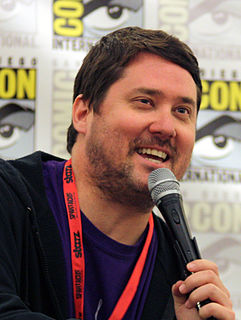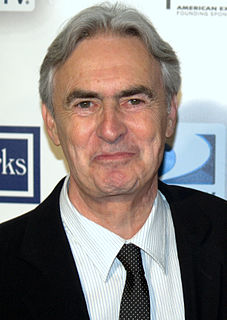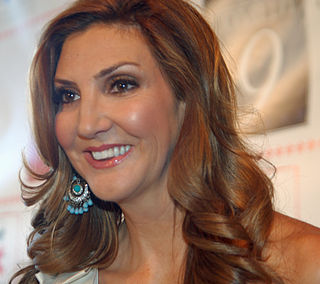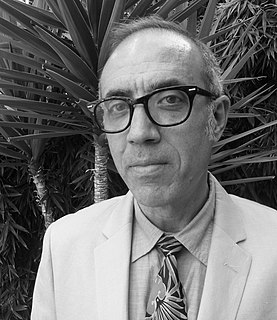A Quote by Kevin Hart
Comedy's about opening up and being unique, but to a point where the audience can relate to what you're saying.
Related Quotes
If I'm saying a universal truth, but maybe it's something that people don't feel comfortable saying It's a strange take, but at the same time, what you're hitting on is kind of right. You can relate. That's the heart of comedy. You have to have a point of view. You gotta commit. And the more you commit to it, sometimes the funnier it gets.
If I'm saying a universal truth, but maybe it's something that people don't feel comfortable saying... It's a strange take, but at the same time, what you're hitting on is kind of right. You can relate. That's the heart of comedy. You have to have a point of view. You gotta commit. And the more you commit to it, sometimes the funnier it gets.
That catharsis is really the core of the incredibly personal comedy of Louis C.K. or Marc Maron or whatever. And look - I find it fascinating that I'm sitting here talking about some of these things, and not to low tones, and my kids are in the other room. I have to trust that if they hear what I'm saying and they have questions about it, I'll be able to answer it, and that's fine. But that's part of the scariness of it - the reality of opening up my own life and my own feelings.
Here's the thing, with comedy - and I learned this from Will Ferrell - you can't be ashamed. If you're doing comedy, you have to fully commit to the joke. Shame is not part of it. If you act shy or uncomfortable about your body, that makes the audience shy and uncomfortable. And in a comedy you just want them to loosen up and laugh.
In the stand-up comedy top, there's room for everyone - if you're good, there's room for everyone. You'll put on your own show - no one casts you. You cast your own show as a stand-up comedian. When you get good at stand-up comedy you book a theater and if people show up, people show up. If people don't show up, people don't show up. You don't have a director or a casting agent or anybody saying if you're good enough - the audience will decide.


































